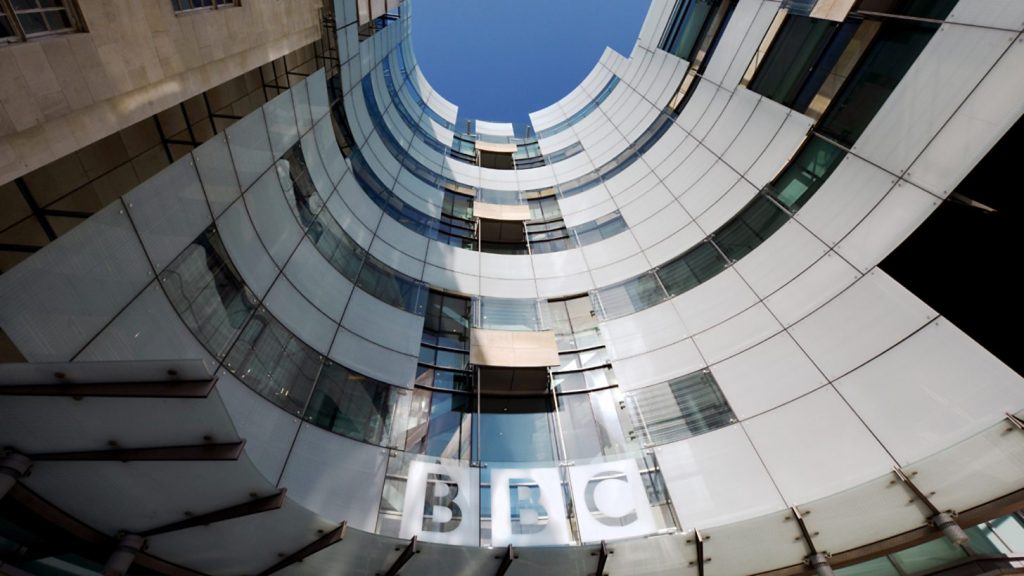
After more than 40 years of operation, DTVE is closing its doors and our website will no longer be updated daily. Thank you for all of your support.
UK government calls on BBC to produce digital future plan
 The Public Accounts Committee made demands to the UK public service broadcaster (PSB) BBC to provide a series of plans on moving its services to fully digital by the 2030s.
The Public Accounts Committee made demands to the UK public service broadcaster (PSB) BBC to provide a series of plans on moving its services to fully digital by the 2030s.
In the BBC Digital report published on Friday, a committee appointed by the House Commons warned that it is “not convinced” the BBC is completely aware of the detail of the resources needed to achieve an internet only future for the PSB.
Last year, BBC’s Director-General Tim Davie revealed its plans to transition the broadcaster to an internet-only future by the 2030s. However the committee highlighted the pubcaster’s ill preparation of its move to digital, with the closing of BBC Three as a linear channel in 2016 to online, followed by its reopening in 2022. The report pointed to it as “an example of where it moved too soon, and audiences did not follow.”
The committee said to reach the pubcaster’s internet-only future goal, the BBC must develop a detailed plan including scenarios for how it could make the switch working with government, audience representatives and wider stakeholders where “no-one is left behind.”
They also urged the BBC to write to the committee within two months once the pubcaster’s budget is finalised for the financial year which should set out if its £500 million annual investment by 2025 is sufficient to achieve its plans. It should also map out how it will achieve all the required saving and what will happen to it.
Further recommendations
The report makes further recommendations to the BBC on providing the committee detail on how it will maintain progress in recruiting and retaining specialist digital staff. In addition to a personalisation strategy that serves both public sector purposes and its audiences as well as a review of its data collection and storage policies.
Dame Meg Hillier MP, chair of the committee said: “The BBC has a careful and difficult balance to strike here – it has committed to an internet only future by the 2030s but knows it is essential that there are ways for people, especially children and others who cannot or do not easily access the internet, to access its services. Licence fee payers must be able to keep our options open.
She added, “The BBC is being held back in a yesteryear of TV and radio by uncertainty over funding and regulation, and by the DCMS Department’s constant delays and down-scaling of national fast broadband rollout plans. The BBC fulfils an essential public service function – it must have the planning, resources and wider infrastructure support to do so.”


